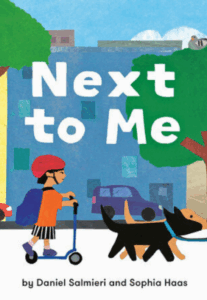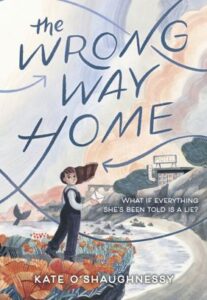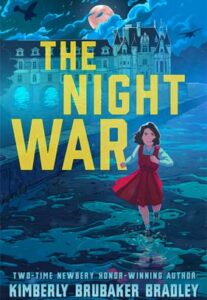The 12-year-old Kokoro cannot go to school. Each time she even thinks about it, she suffers a debilitating stomachache. But when the mirror in her bedroom begins to glow, she’s transported to a castle that just might teach her more about herself than school ever could.












